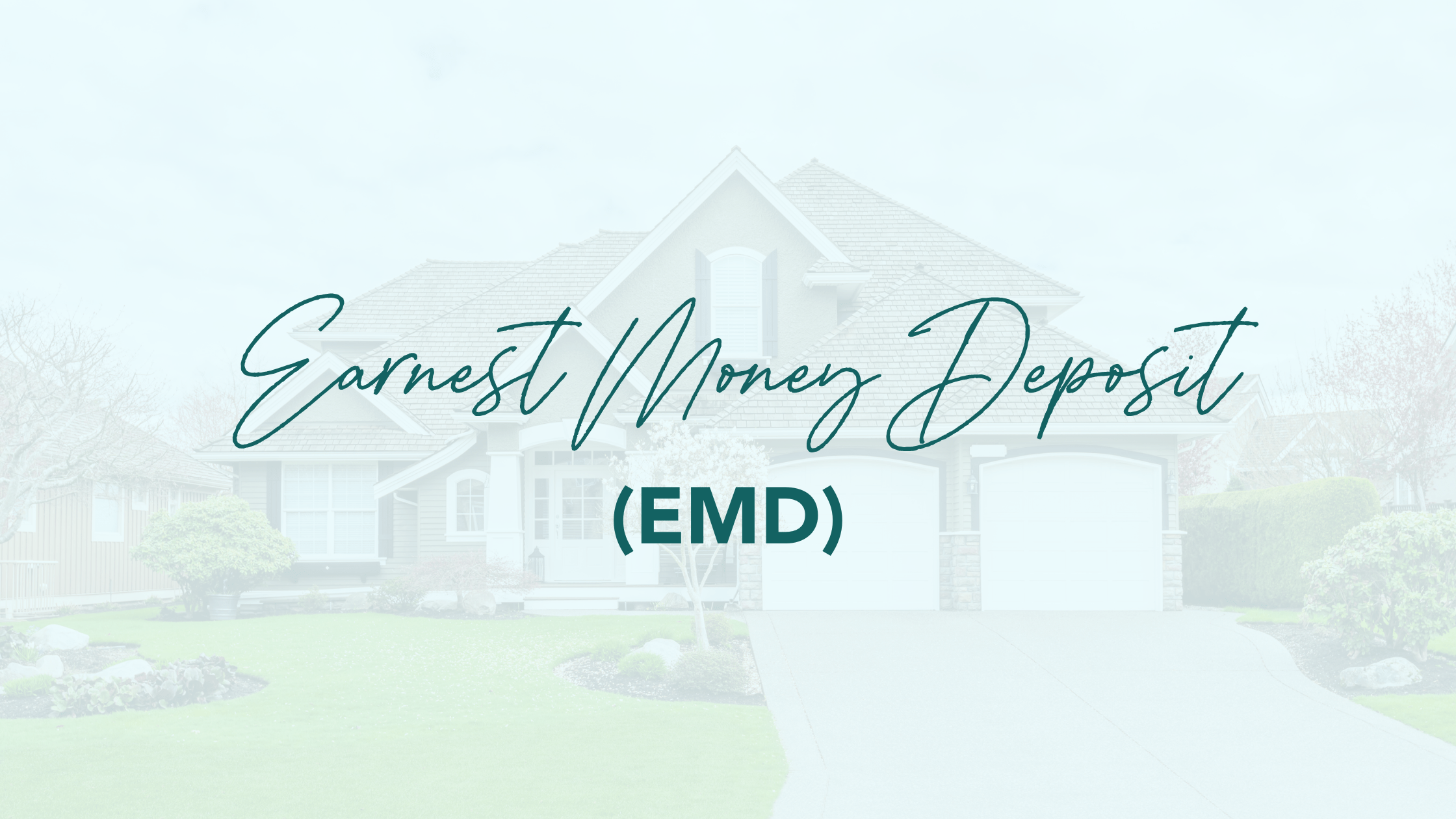What Is Escrow? How It Keeps Home Buyers and Sellers Safe

Escrow probably isn’t a word we use on a day-to-day basis, but it becomes incredibly important when you buy a home. The word derives from the Old French word ‘escroue,’ meaning a scrap of paper or a scroll of parchment; this indicated the deed that a third party held until a transaction was completed. Here’s the information you need to know about escrow to become a proud homeowner.
What is Escrow?
Escrow occurs when an objective and impartial third party holds something of value, like money, during a transaction. Though it’s used in a number of situations, you’re most likely to encounter it when purchasing a new home. In fact, it’s mandatory during a home purchase. Simply put, an escrow agent works like a referee in a football game to make sure nobody gets cheated. The agent can be someone from the real estate brokerage, an attorney, or a title company agent.
As a buyer, you make an earnest money deposit (EMD) for a percentage of the property’s purchase price. Instead of making that check out to the seller, you make the check payable to the escrow agent. In return, the seller agrees to take the property off the market while it’s “in escrow” so that any contingencies can be met, such as making the home available for inspection and allowing you time for your loan approval to be finalized.
The earnest money deposit is usually about 1% of the total sale price. Making this payment assures the seller that you’re serious about buying the home. It also protects buyers in the event a seller fails to make promised repairs; money can be deducted from the escrow account to cover the costs. On closing day, your EMD is credited toward the closing funds you need to make toward your purchase.

How Does An Escrow Account Work
In addition to putting your earnest money into escrow before purchasing a new home, you’ll also encounter escrow accounts after you close and become a homeowner with a mortgage. You may hear it referred to by your lender as an ‘escrow account’ or ‘reserves.’
In most cases, your mortgage company will require a certain portion of your monthly mortgage payment to be applied to an escrow account. This chunk of your mortgage payment sits in your account to cover property taxes and home insurance, and the bank typically makes those payments for you a few times a year. The rest of your mortgage payment is applied to the principal loan amount and interest, just like you’d expect.
Why Does It Matter?
The system works strategically to protect buyers and sellers alike. Imagine if it weren’t required; a seller could hold your earnest money check hostage as a negotiating tactic or even take your money and run! On the flip side, sellers need to feel confident that the buyer is invested in the transaction and will follow through with the purchase of the home. After all, they are missing out on other potential buyers while their house is off the market.
Escrow accounts within the mortgage are also important for homeowners because they eliminate the risk of falling behind on important tax and insurance payments. This protects you, your mortgage company, and your home – you don’t ever want a tree to fall on your house when your homeowner’s insurance has lapsed for non-payment!
Overall, escrow creates the impartial space needed for buyers and sellers that guarantees they get what they want and deserve without any unnecessary risk. It’s the equivalent of bumpers on cars, keeping everyone safe as they move forward in a real estate transaction. Odds are, no one’s trying to swindle anyone. But, isn’t it nice to know that if something does go wrong, the funds in escrow are there to cushion the blow?







